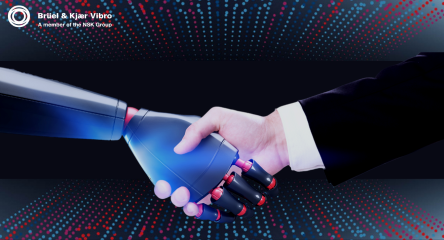About the Author
David Mierau is a Managing Principal, Senior Reliability Engineering Subject Matter Expert, and Life Sciences Vertical Leader with Life Cycle Engineering (LCE). David provides technical and strategic expertise in asset life cycle management to help clients achieve maximum possible equipment and process performance at minimum cost. Some of his major responsibilities include equipment analysis, process mapping, and improvements leveraging experience with asset reliability, design, operation, and maintenance. David also delivers professional training for root cause analysis, risk-based asset management, and other courses in technical and strategic asset management.
Prior to joining LCE, David held senior Operations and Engineering leadership roles within the pharmaceutical and discrete manufacturing industries for over 20 years. He held management positions at Merck and Eli Lilly in the Engineering, IT, Maintenance, Capital Management, and Process Automation functions. His experience in engineering, manufacturing, and packaging operations provided opportunities to implement asset management and reliability processes first-hand.
David holds a Bachelor of Science degree in Mechanical Engineering from Purdue University and a Graduate Certificate in Finance from the University of Chicago. He is also a Lean Six-Sigma Green Belt, PROSCI® Certified Change Management Practitioner, a Certified Maintenance and Reliability Professional (CMRP) through SMRP, and a Licensed Professional Engineer





